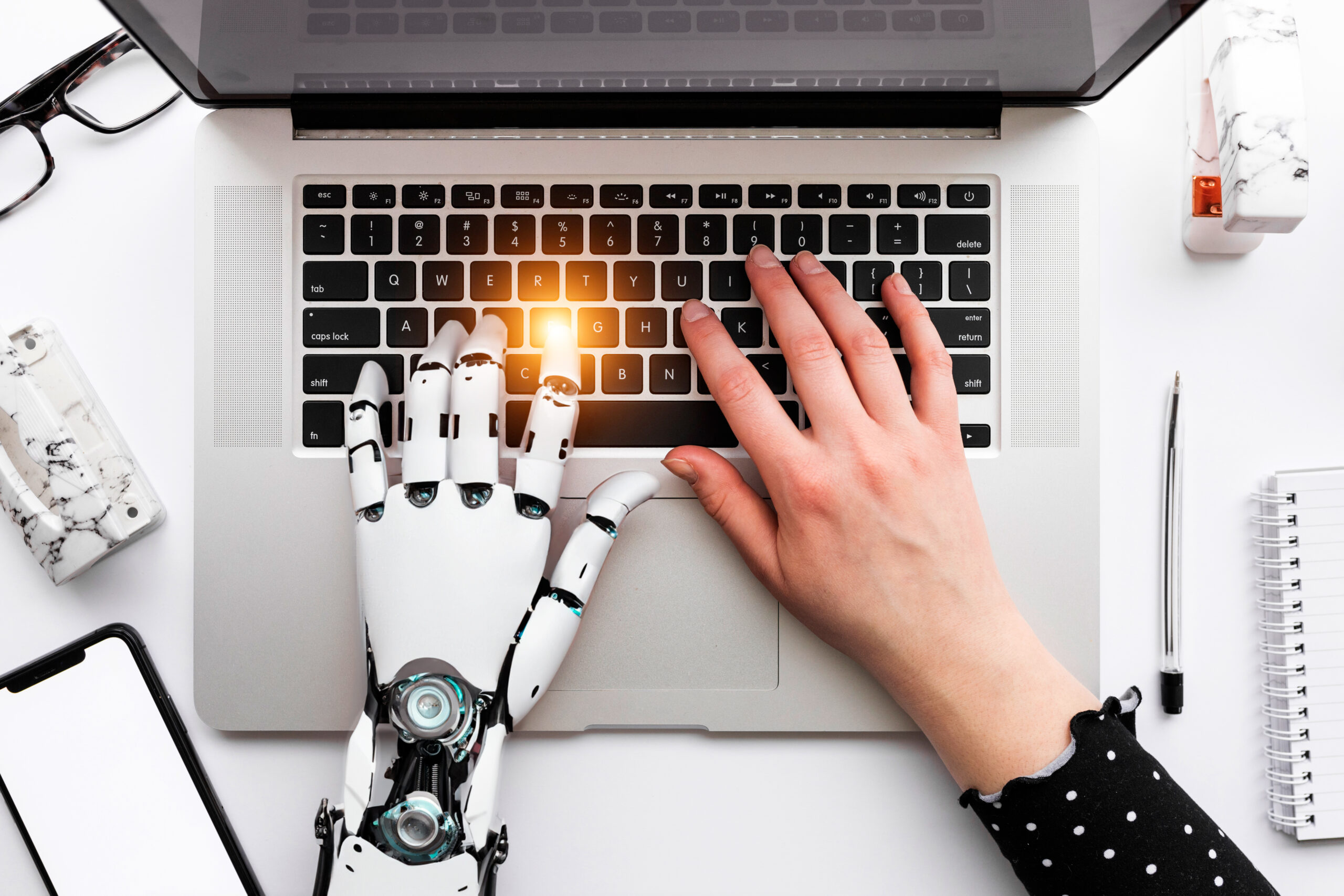

Artificial intelligence has made a significant impact across various fields, from the arts to technology. AI-driven tools can now generate art, essays, and content ideas with simple prompts, streamlining tasks and boosting productivity. It’s no surprise that AI has found its way into education, with students using it for homework assignments, particularly for essay writing. However, this has sparked debates about the pros and cons of incorporating AI into education.
Let’s dive in to find the answer.
In a rapidly evolving world where automation could replace up to 800 million jobs by 2030, equipping students with AI skills is vital for their future success.
AI tools like ChatGPT offer personalized feedback, aiding students in recognizing areas where they need improvement and fostering their critical thinking and creativity.
These AI tools grant students access to educational resources they might not otherwise have, promoting equitable learning opportunities.
Collaboration and communication are key job skills. AI tools facilitate teamwork on projects and assignments, preparing students for future workplace demands.
Using AI tools teaches students responsible technology use and raises awareness about AI’s benefits, risks, privacy issues, and biases.
Unregulated AI tools collect students’ data, raising privacy concerns about potential misuse or data mishandling.
Excessive use of AI tools can hinder critical thinking and problem-solving skills, potentially stifling creativity.
Not all students have equal access to technology and AI tools, creating disparities in education.
AI tools can inadvertently facilitate plagiarism, compromising academic integrity. If you’re looking to get unique and original content for homework and assignments, try getting help from an online touring service. Call them and ask, “Can you do my online class?” They will assign an online class taker immediately.
Overreliance on AI tools may diminish face-to-face interactions, impacting students’ social development.
The unregulated nature of AI tools prompts ethical concerns and government actions worldwide.
Students who solely rely on AI to complete assignments are essentially cheating themselves. This approach hinders genuine learning, affecting future lessons, exams, and placement in advanced classes.
A lack of hands-on learning can leave students ill-prepared to apply their knowledge in real-life situations. This deficiency may impact internships and hinder career progress post-graduation.
Generative AI is still evolving, making it prone to obvious errors, outdated information, or failure to meet academic standards of expertise and trustworthiness.
The debate surrounding the banning of AI tools for education is a hot topic. Concerns and optimism collide, leaving governments in a dilemma regarding the best course for students and the education system. While AI tools have had their share of issues, including misinformation and cheating, an outright ban may not be the ideal solution. We’ve witnessed the value of AI in personalizing learning, enhancing engagement, and streamlining students’ workload. It also aids teachers by reducing administrative burdens. Nevertheless, unchecked AI can lead to privacy breaches and unfairness.
So, is banning AI the right answer? Perhaps not. Instead, governments can consider regulating AI to safeguard privacy, ensure fairness, and encourage responsible usage. This way, we can harness AI’s benefits in education while addressing its challenges.
Are you an online student relying on AI for your homework, assignments, and exams? There’s a better alternative: consider paying someone to take online class. At Online Class Help, we specialize in helping you achieve a guaranteed A or B grade. Whether it’s your class, exams, homework, or any other academic task, we’ve got you covered.
No Related post found
Enter your Email ID below to get our insightful blogs into your inbox.
